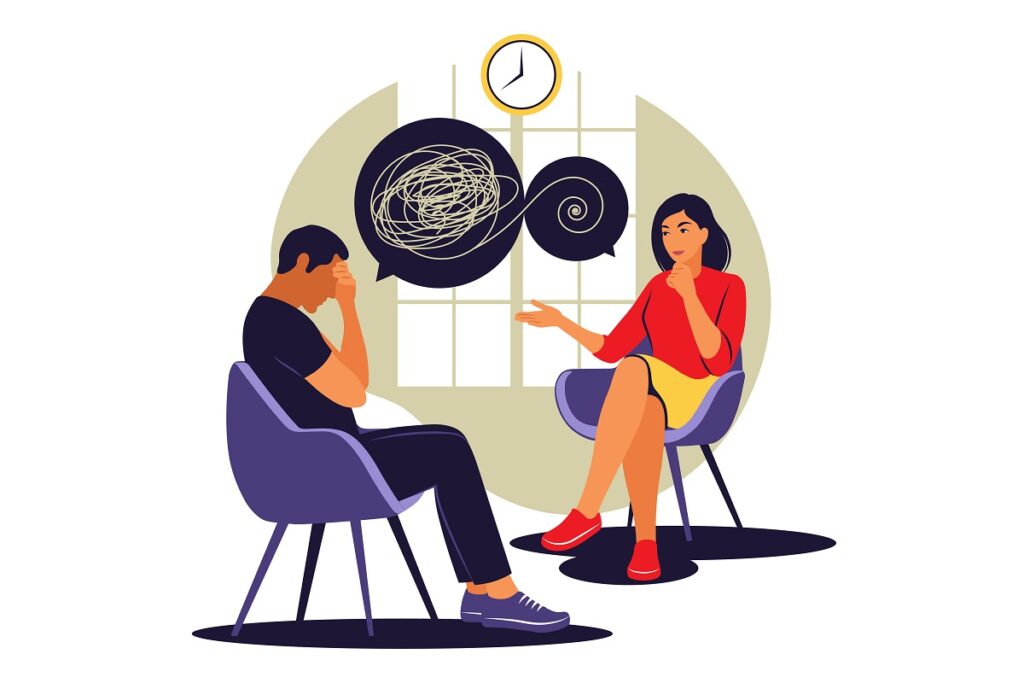Our times and the fast-evolving world around us require from us a lot of work and skills needed to adapt to difficult conditions. There is much talk about negative stress and its effects. Unfortunately, rarely the causes of stress and its natural function are discussed. Is there such a thing as positive stress and negative stress? How stress affects our bodies? Biologists and doctors have pointed out for years that stress has its physiological function.
What is stress?
In the world of biology, stressors are defined as all stimuli affecting the body, which cause reaction or effect. Stress is a method of the body coping with changing situations. In psychology we understand the notion of stressslightly as different to the term popularly understood. Moreover, most people perceive stress as an explicitly negative phenomenon. In this case stress is psychological tension caused by one’s life situation, work or family.
Impact of stress on the body
The role of stress is to prepare the body to fight or flight and by this to restore the balance which was there before the stimulus occurred. Simply speaking our body reacts by a series of complex nervous, hormonal and immune reactions. Thanks to it we are ready to face approaching challenges. Examples of impact of stress on everyday situations can be diverse. If we are nervous about the approaching test, our body mobilises, decreasing the feeling of fatigue, enabling us to study for longer in maximum concentration. If we are expecting important guests, we clean our house for longer and more thoroughly, even though for the most of us it is not a pleasant activity. On the other hand, during a driving test our brain sends signals to act quicker; therefore, we are more attentive at junctions, and we notice road traffic signs quicker. Unfortunately, stress is not limited topositive, short action only. We also stress about difficult situations in our lives, such as marital problems, serious illness or the need to care for a person close to us.
Good and bad stress and its consequences.
Short term stress, even when very intense, is called eustress. Its aim is to cope with an encountered difficult situation, and it doesn’t lead to serious health consequences. Even though the notion of stress is rather negative, there are situations where it can be beneficial for us. We become more focused, and we are adapting to the situation we are currently experiencing. Such stress can be even defined as a motivator and one that favours healthy competition.
Its main symptoms are:
- increased heart rate
- faster breathing
- increase of muscle tension
- sweating
One should observethese symptoms disappear after the stressful situation has finished. A good example of this is completing a presentation at work. Even before a short speech, the heart rate increases, we experience stomach pain, hands sweat, but once it’s over we start to calm down.
On the other hand, distress is defined as prolonged, severe and repeated stress. This type of stress brings several negative effects on our body such as:
- low mood
- sleep difficulties
- problems with concentration
- strong muscle tension
- headaches
- stomach aches
- hypertension
- increased risk of heart attack and stroke
It leads to somatic complications and anxiety disorders, which make functioning difficult. We find it difficult to adapt to the situation, and our reactions might not be adequate, and it is more difficult to control them. A chronic stress creates favourable conditions for depressive disorders
It is not possible to avoid stress
Even though it sounds banal, the impact of stress on our body is unavoidable. Evenshort-term stress, though unpleasant, is necessary. It is not possible to avoid traffic jams, deadlines, life challenges or other unpleasant situations. Unfortunately, quite often popular and available methods of coping with stress turn out to be insufficient. Moreover, some of us have naturally higher tendency to a wrong reaction to stress. Many stressful experiences last months or even years. At the same time, many of us, as a result of long-term stress, start to suffer psychologically or physically.

When to seek help?
It is always worth talking about stress with members of your family or friends. There are many known relaxation techniques, such as Jacobson’s technique, which can bring relief. It is important to remember, when we are stressed out our functioning begins to suffer negative consequences, so it is worth consulting with a psychiatrist or psychotherapist. A psychiatrist will assess how deeply rooted is the problem and together with the client decides on possible pharmacological therapy. The psychotherapists, on the other hand, help patients to cope with stress by the means of cognitive behaviour therapy.




